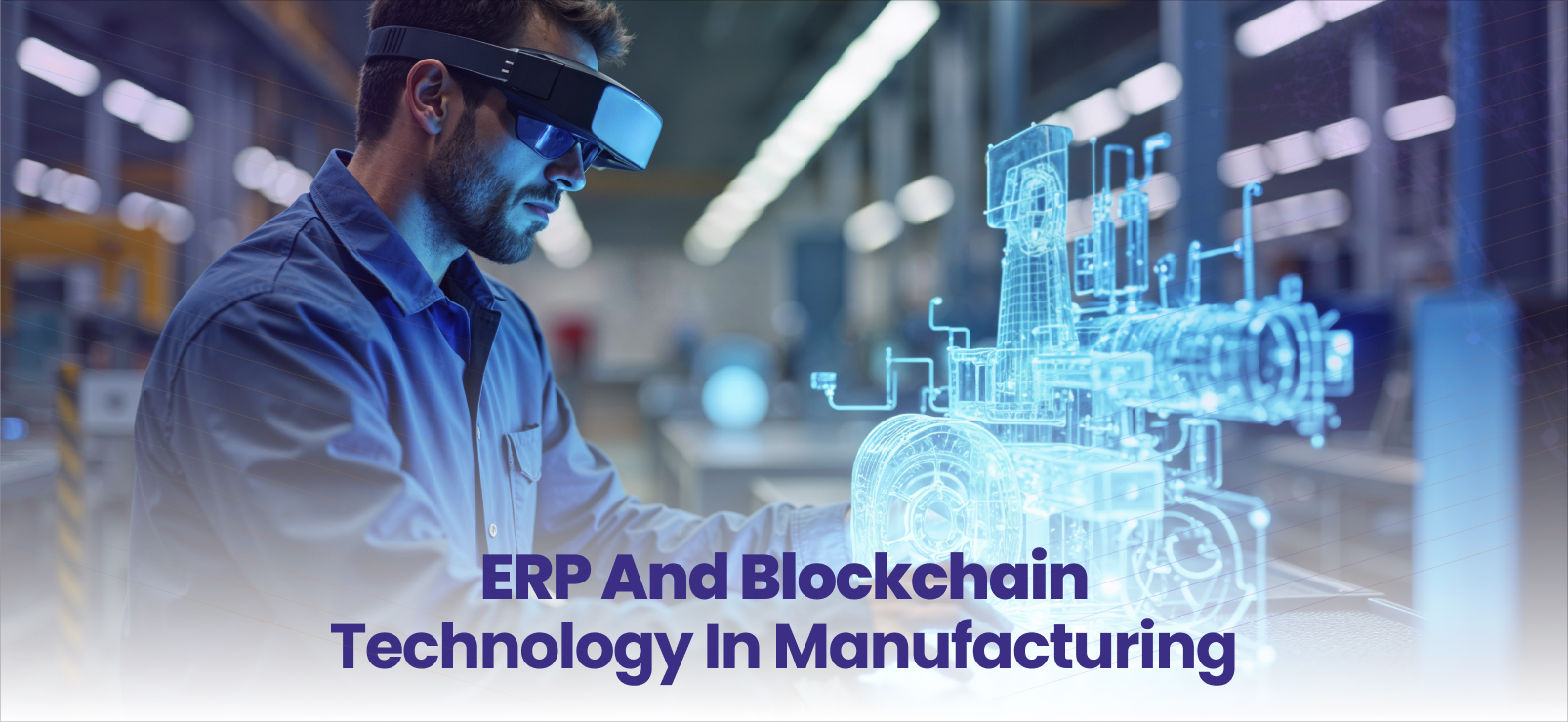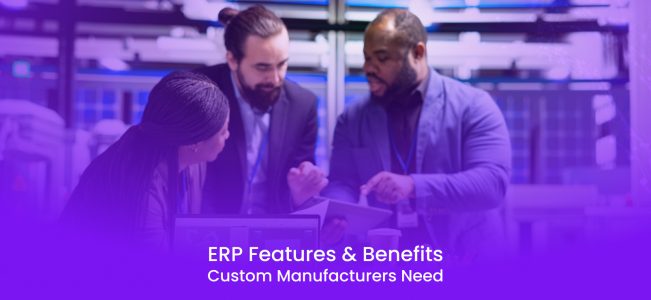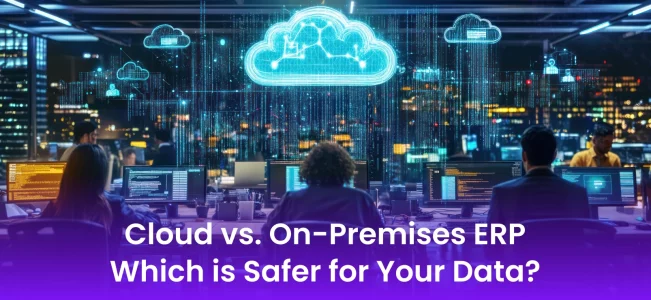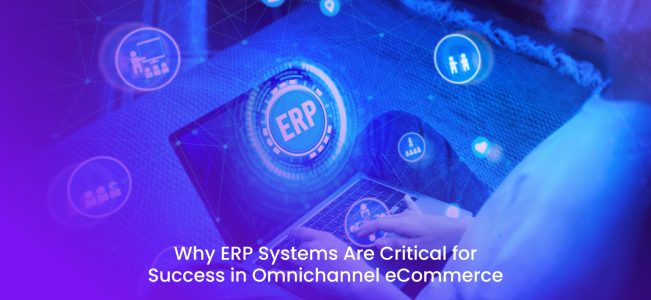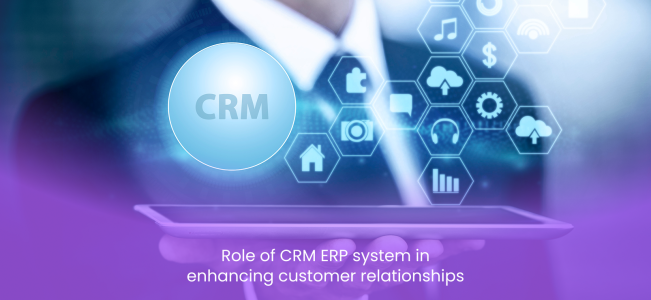ERP And Blockchain Technology In Manufacturing
As technology develops, manufacturers are increasingly adopting innovative techniques to optimize operations, enhance productivity, and improve security. The use of Blockchain technology into Enterprise Resource Planning (ERP) systems is one such development. Manufacturers can automate procedures, secure data, optimize supply chain management, and obtain insightful information promptly owing to this effective combination.
What is Blockchain?
A decentralized network of computers, or nodes, known as a blockchain, securely manages and preserves data. Businesses utilize blockchain to track and verify assets as they move through the supply chain. These resources might involve anything from tangible products and inventory to data and intellectual property. Manufacturers can benefit from blockchain since it offers transparency and security.
Enhancing Automation with Blockchain
One of the key advantages of integrating blockchain with ERP is the improvement of automation. Blockchain optimizes several key operations, reducing manual input and increasing efficiency. Some extents where automation is functional incorporate:
- Service agreements
- Payment processing
- Invoicing
- Scheduling maintenance
- Tracking and reporting delays
- Inventory monitoring
- Supply chain progression
Blockchain automates the analyzing, organizing, and collecting of internal data, which is then steadily distributed via the ERP system, eliminating the chances of human error. Besides, it improves data accuracy and streamlines operations throughout the business.
Optimizing Supply Chain Management
For the majority of manufacturers, supply chain management is an essential issue. Blockchain facilitates real-time supply chain transparency and visibility. Manufacturers can monitor assets at each step of the supply chain, from raw materials to finished goods, by integrating blockchain technology into their ERP system.
By recognizing any issues early in the process, such as delays or bottlenecks, blockchain increases responsibility while minimizing interruptions and boosting productivity by letting manufacturers to quickly resolve issues.
Expediting the Process
Incorporating blockchain into an ERP system allows manufacturers to accelerate their whole process. Automation, real-time insights, and improved security lead to rapid production cycles, faster response times, and enhanced overall productivity.
Supporting Quality Checks
Blockchain technology can enhance product quality by tracking and validating the materials and production movement during the production process. By utilizing blockchain to monitor raw materials and constituents in real time, manufacturers can recognize defects more effortlessly and trace them back to their source. This intensifies the overall product quality and reduces waste.
Enhancing Security
Security is an uppermost priority in today’s digital setting. By integrating blockchain with ERP, manufacturers can assure safe data sharing both internally as well as with external partners. Due to blockchain’s decentralized structure, data is distributed across multiple nodes, reducing its susceptibility to tampering or unwanted access. Valuable company information, such as financial records and product designs, is protected from cyberattacks thanks to its greater safety.
Managing Partners and Suppliers
Blockchain also helps manufacturers in managing their relationships with partners and suppliers. With the help of blockchain manufacturers could assess suppliers with greater efficiency and monitor their performance with increased visibility and accountability. The prompt identification of issues such as payment issues or shipping delays, enables quicker fixes and keeps operations effective.
Conclusion
Manufacturers could get increased automation, better quality control, optimized supply chains, and increased security by integrating blockchain technology with ERP systems. Blockchain is set to play a significant role in manufacturing in future years due to its capacity to track data in real-time and boost accountability. It promotes operational efficiency and long-term performance by simplifying procedures, decreasing interruptions, and improving product quality.
Simplify your operations with our cloud ERP today
Contact CERP Suite Now!
